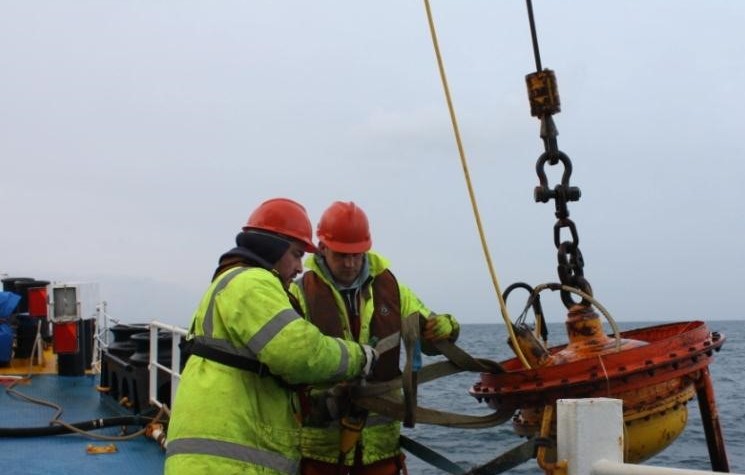PA Resources pushed to the brink of liquidation by US$259m write-down

By Amy McLellan
Those companies that took on too much debt without shoring up defences against a rout in the oil price – and four years of high oil prices lulled some into complacency on oil price risk – are now feeling the pain of falling cash flows, breached covenants and looming bankruptcy.
Swedish oil company PA Resources is among those to succumb to these pressures, with the company set to call an EGM to consider liquidation after the collapse in oil prices led to a SEK2.1 billion (US$259 million) write-down in the value of its assets.
The write-downs means shareholder equity is now less than 50 per cent of the registered share capital and the company, which is listed on the NASDAQ OMX Nordic exchange in Stockholm, is also in breach of its bond covenants. The under-pressure company, which has been negotiating waivers and deferrals with its bondholders since September, will now convene an EGM.
This is the legacy of the company’s investments in the troubled and now shut-in Azurite field in West Africa, which came online in 2009 but, due to a more complex and less developed reservoir than envisaged, serially failed to meet production targets.
The problems with the Murphy Oil-operated project, the first FPSO development offshore Congo Brazzaville, saw PA Resources announce massive write-offs in 2011, and by 2012 the company was forced into a radical debt restructuring and SEK705 million Rights Issue to stave off financial ruin.
During 2013 and 2014, new management led by seasoned North Sea executive Mark McAllister, began to address this toxic legacy, raising SEK815 million in new equity capital, completing farm-outs and maturing development plans for key assets.
These include two discoveries in the Danish North Sea, Lille John and Broder Tuck, where Dana Petroleum was brought in as operator; production and development projects in Tunisia and a small stake in the producing Block I offshore Equatorial Guinea. In Q4 2014, net entitlement production from its fields in North and West Africa was running at 2,400 bpd.
But long-running delays in securing government approvals in Tunisia left the company unable to raise funding for 2015 and beyond, and in October 2014 the company was again in talks about a restructuring to reduce debt.
With the oil price continuing to drop over the first weeks of 2015, the Stockholm company’s room for manoeuvre was significantly diminished and this week the Board confirmed it has approved the balance sheet for liquidation purposes and will call an AGM to resolve whether or not to continue operations or go into liquidation. This will take place as soon as possible.
Comments (0)